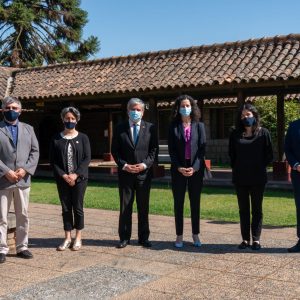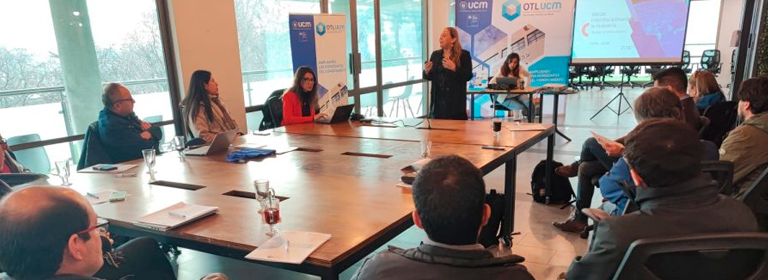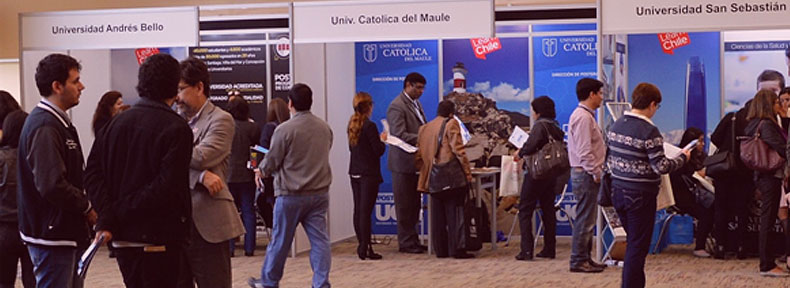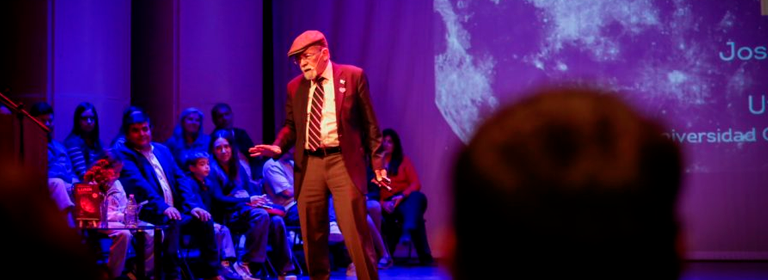In times of innovation and new technologies, teachers perceive the moment of inflection and feel that it is no longer enough to simply transmit curricular knowledge to students. A doctoral student at the Universidad Católica del Maule (UCM) explores the premises that guide teacher training.
 Shortly after graduating as a Physical Education teacher, Mirko Aguilar discovered the pleasure of research and led studies on teaching methods and more humane training. Now, as a student of the Doctorate in Education in Consortium at the UCM, he addresses the premises that guide university teaching.
Shortly after graduating as a Physical Education teacher, Mirko Aguilar discovered the pleasure of research and led studies on teaching methods and more humane training. Now, as a student of the Doctorate in Education in Consortium at the UCM, he addresses the premises that guide university teaching.
«My thesis is related to the epistemological beliefs of Physical Education teacher educators. The literature indicates that beliefs in general and epistemological beliefs in particular influence the pedagogical decisions made by teachers. The idea is to make these types of beliefs explicit, so they can then analyze and stress them,» he said.
Aguilar refers to the beliefs that determine teachers’ practices, ranging from naivety —which considers knowledge as a set of isolated elements, stable over time—, to sophistication or greater complexity.
«For example, a naïve belief suggests that knowledge is possessed only by experts. The teacher would then adopt a transmissive attitude towards his students. That versus the sophisticated belief that knowledge is more of a collective construction, which takes place in collaborative spaces, orienting pedagogical decisions towards a more participatory work in the classroom. The evidence suggests moving towards an intermediate point, which allows for the expansion and diversification of teaching strategies,» he pointed out.
The professional presented the advances of his thesis, entitled Formador de Profesores de Educación Física, una revisión sistemática entre 2018 y 2022 [Physical Education Teacher Training, a systematic review between 2018 and 2022], at the last conference of the AIESEP, an international association, founded 61 years ago in Lisbon, Portugal. The congress —run by the Catholic University of Chile— had its first version in Latin America.
«At the international level, there has been considerable progress in the study of teacher educators. However, in Chile we know very little about this group of professionals. My research seeks precisely to cover this knowledge gap and contribute from another perspective to the strengthening of training programs, specifically in the area of Physical Education,» emphasized the doctoral student, who is in the second year of the program taught jointly by the Universidad Católica del Maule, Universidad Católica de la Santísima Concepción, Universidad Católica de Temuco and Universidad del Bío-Bío.
The conference of the «International Association for Physical Education in Higher Education», which was also attended by the thesis tutor, Alejandro Almonacid, included more than one hundred talks and next year will be held in Finland.













